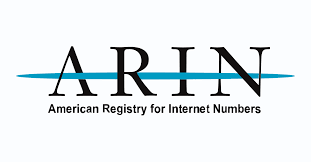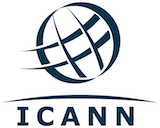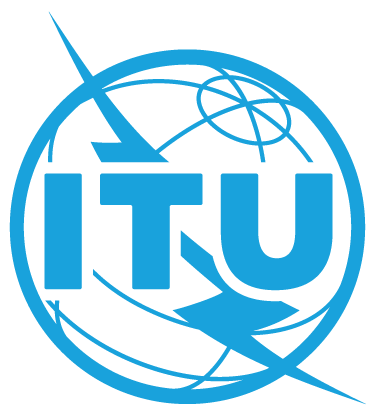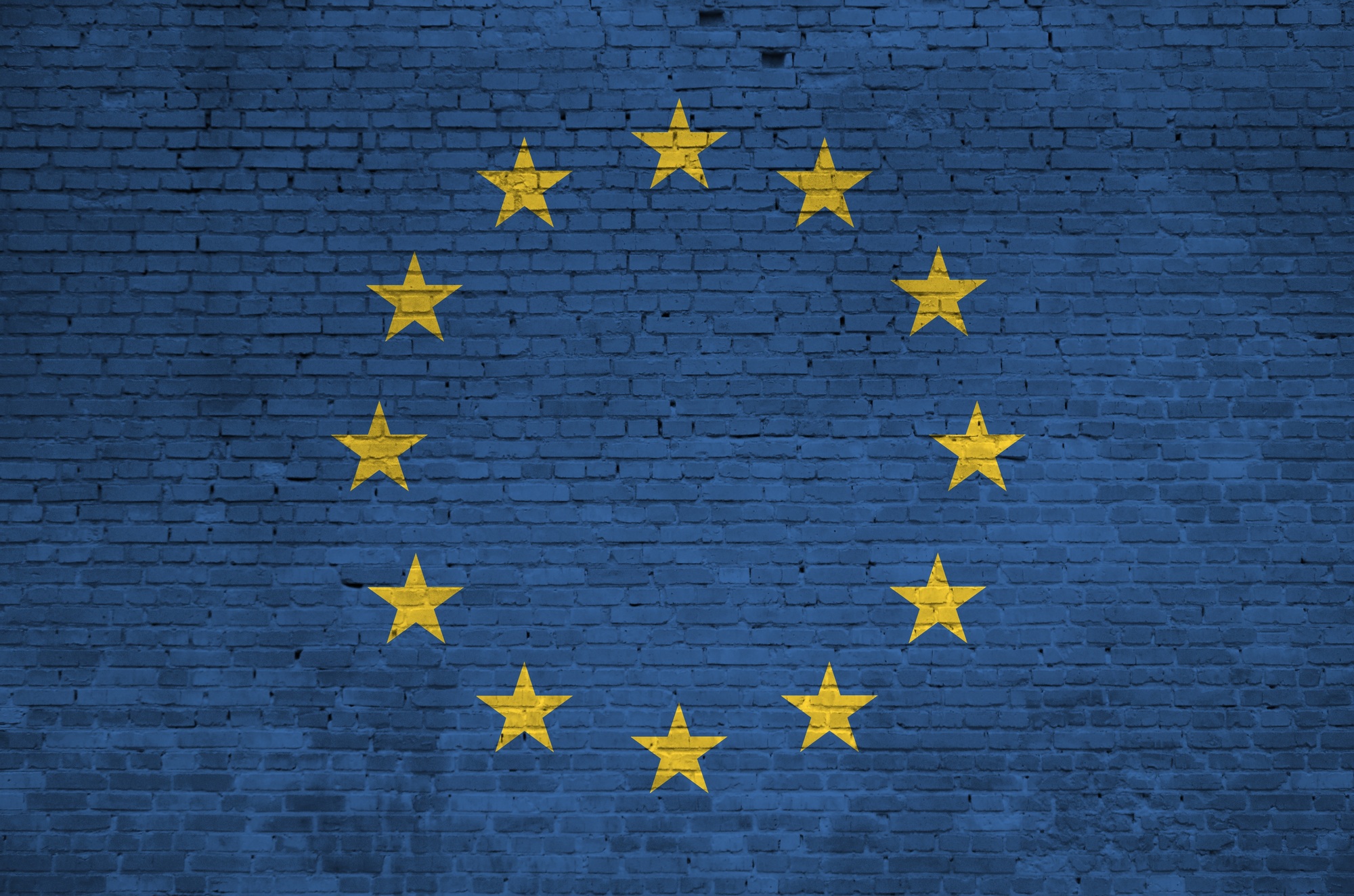LACNIC announces relocation of LACNIC 46 and LACNOG 2026 meeting
The LACNIC 46 and LACNOG 2026 event, originally planned to take place in Guatemala in October 2026, will be moved to a different location following recent developments in the country. A new host location has not yet been confirmed.










